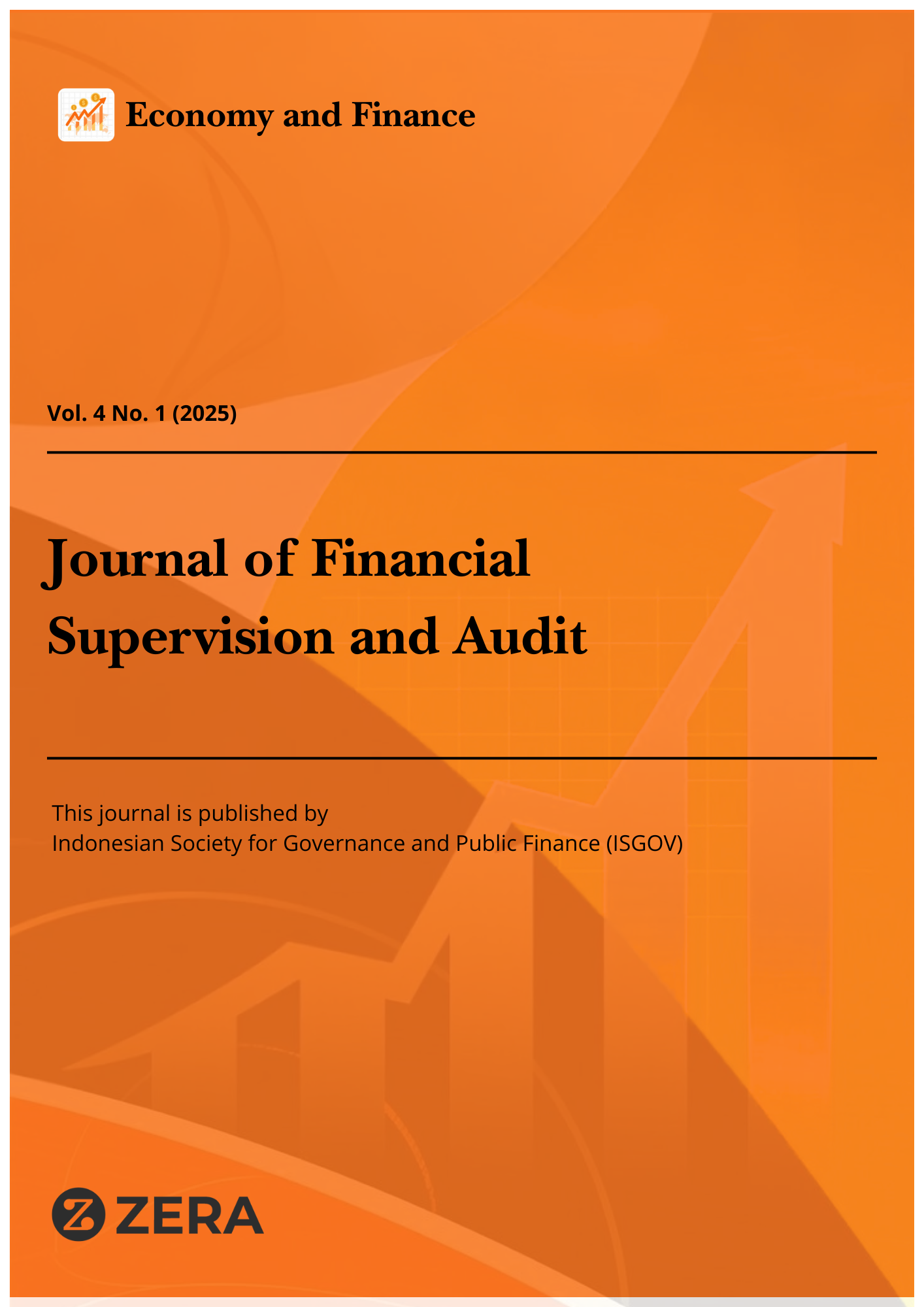Keywords:
Export Competitiveness, Developing Countries, International Trade, Protectionism, Tariff BarriersAbstract
The resurgence of protectionist policies in developed nations has profoundly impacted the export competitiveness of developing countries. This study examines how trade barriers, such as tariffs, quotas, subsidies, and stringent regulations, affect exporters in developing economies. Through a qualitative literature review, drawing from academic journals, international organization reports, and credible media, the research explores the direct and structural consequences of protectionism. Findings reveal that these policies restrict market access, elevate production costs, and disrupt global supply chains, significantly undermining the competitiveness of developing countries’ exports, particularly in agriculture and textiles. Additionally, protectionism stifles innovation, widens global competitiveness gaps, and creates market uncertainties, challenging long-term economic planning. Developing nations face increased compliance costs and reduced bargaining power in trade negotiations, exacerbating economic vulnerabilities. The study also investigates adaptive strategies, such as market diversification and regional cooperation, to mitigate these impacts. By offering a nuanced understanding of protectionism’s effects, this research contributes to theoretical discourse and informs policy formulation, advocating for a fairer global trade system to support the economic resilience of developing countries in an increasingly restrictive trade environment.


